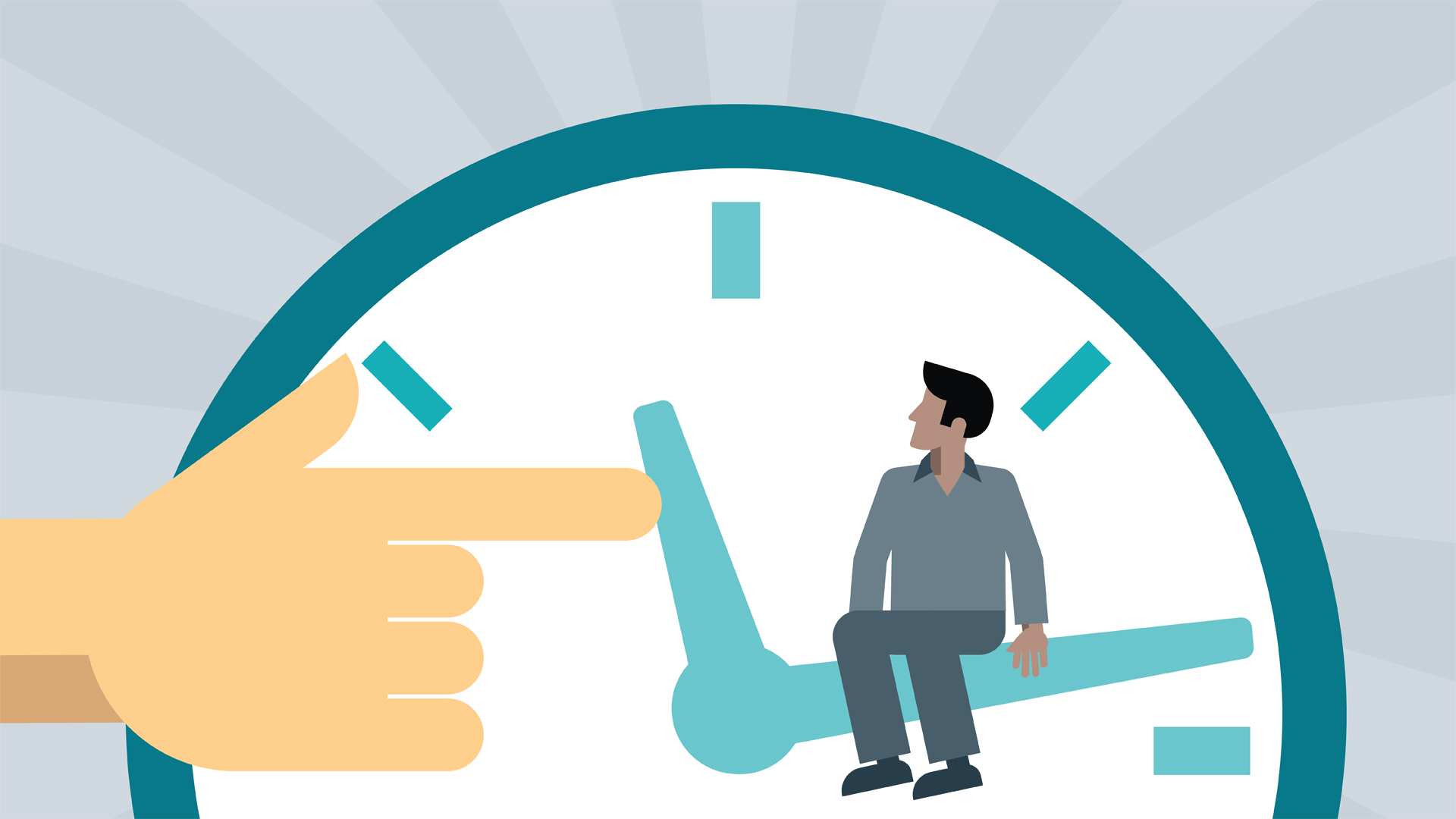Thank you for being on time!
Of course I chose the title based on the famous book: "Thank you for being late" by Thomas Friedman. A brilliant man and an equally brilliant book.
The message in his book is not about being late or being on time, but the anekdote is quite hilarious. If you find the time and you haven't seen, heard or read anything from mr. Friedman, I warm hartley recommend this to you.
The same warm feelings I portray to people who are on time. It seems a simple thing right? "Hey, my meeting starts at 10 AM. Can you make it?" "Sure I'll be there."
And that same person forgets to add that he or she will not be there at 10 AM but more honestly somewhere between 10:05 and 10:10 AM.
When this person arrives and the meeting just started, no one even raises an eyebrow, just listening to this person's well meant apology or even responding with a pun intended comment.
No biggy, right? But just reflect on the meetings you either attended or organized last month. How many of these meetings actually started (or ended, I come to that later) on time? Apart from the economic motif that let's say 8 people times 5 minutes is 40 minutes wasted, the disruption of starting the meeting again or anticipating the late arrivals and starting the meeting 5 to 10 minutes later altogether feels kind of wasteful, doesn't it?
The same thing goes to ending a meeting on time, so people who have subsequent meetings, can be on time for the next meeting. This seems odd, ending your meeting 5 or 10 minutes early. Isn't that wasteful as well? How does this work actually?
Some might debate that this 5 to 10 minutes settling down and small talk is actually a good thing for our brain to gain focus on the next topic at hand. This could very well be. I honestly don't know.
I do know that if this is a 'group thing' I welcome this. The check-in round that I learned from the Holacracy's Tactical Meeting form, kind of formalizes that. And time-boxes it. That works, I've experienced it. But again, everybody is present from the start.
What can help us to reduce the waste in meetings? I've experienced some meeting techniques over the years as Agile coach, but the main thing I got from this is that formalizing a start of the meeting and ending on a agreed time (or time-boxing) is highly effective.
You can follow patterns or rules for this, like the aforementioned Holacracy meeting form, but in my opinion and experience two basic things are important:
Start when everybody is there. If someone arrives (very) late, have him or her not disturbing the meeting, but just take place and participate. No need to comment on the reason why you are late. It's disruptive and doesn't contribute to the meeting at all.
Time-box AND goalify your meeting. Agree at the start: what it is you are going to reach at the end of the meeting. And agree on the end time. Key is: if the goal is reached before the agreed end-time, the meeting is over. You'd be surprised how often that actually happens!
Want to learn more about effective meetings? Don't hesitate to contact me.
Willem Aalderink

